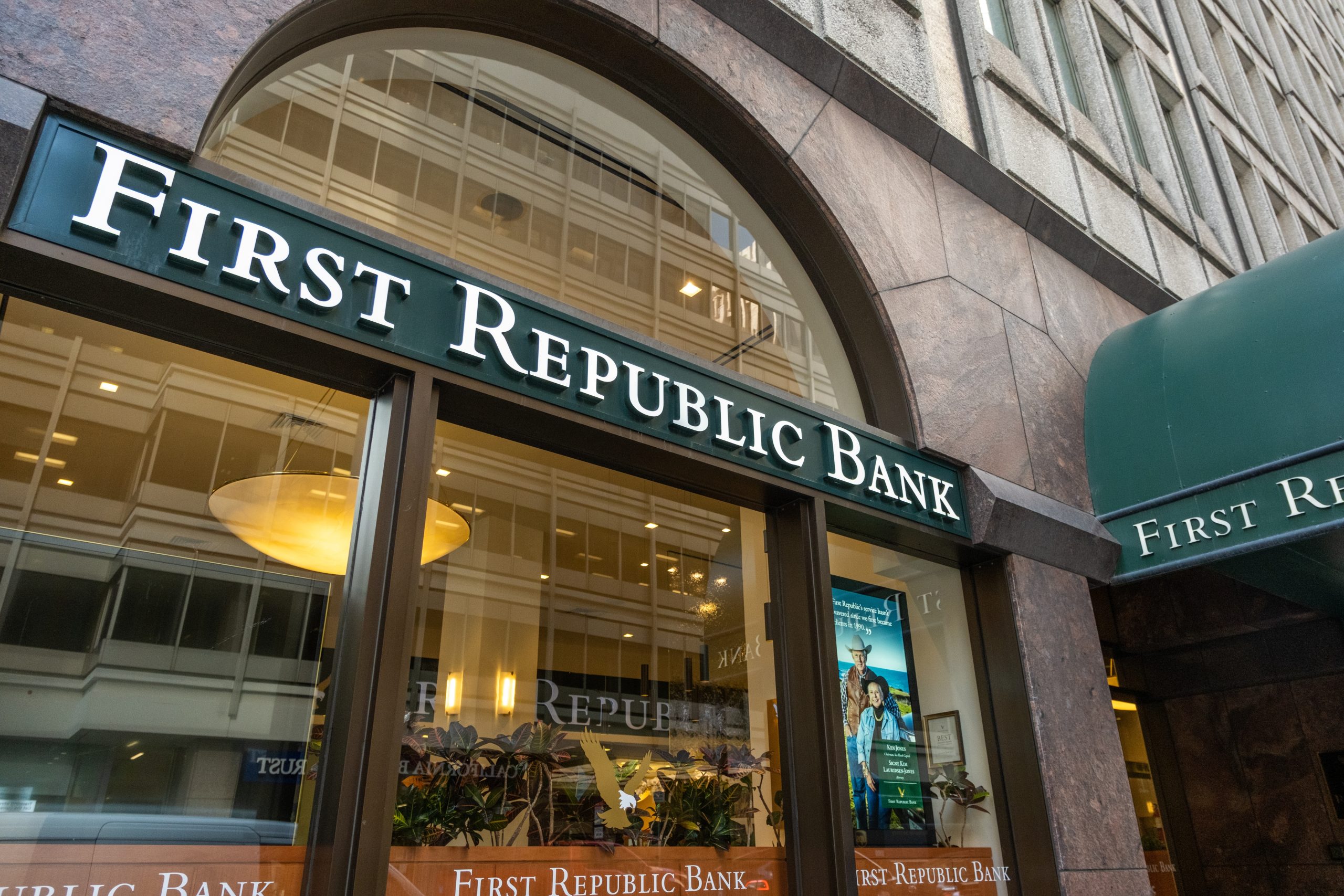Boyle: Full Extent Of 2023 Banking Crisis Unknown

A Democratic congressman sounded the alarm on Tuesday’s “Andrea Mitchell Reports” on MSNBC. Rep. Brendan Boyle (D-PA) confirmed there is a “banking crisis” and lawmakers and the public still do not know the extent of the emergency.
Boyle discussed a letter from congressional Democrats requesting the Federal Reserve pause interest rate hikes while the financial crisis gets sorted out.
He first confirmed that he respects the Fed’s independence and stated the central bank will make its decisions without political pressure.
He then added that the Fed’s independent status does not preclude him or any other member of Congress from reaching out and noting several issues. Boyle said regulators have “raised rates so steeply, so quickly that that is having a profound effect on our economy.”
The Democrat noted that the Fed acknowledged that their increases would raise unemployment and they have no way to counteract that result. And with the collapse of yet another large bank, he said a “pause” would be prudent at this juncture.
If not, more “extreme” rate hikes could bring on an entirely “unnecessary” recession.
It has been another bad week for the banking industry as regulators took possession of First Republic on Monday. It marked the third major banking failure since March, and the institution collapsed after a push to have rival lenders keep the bank going tanked.
New York-based JPMorgan Chase enhanced its position as the nation’s largest financial institution by taking over the entirety of First Republic’s deposits and a “substantial majority of its assets.”
The California bank’s collapse is the largest failure by a U.S. bank since the 2008 financial crisis. The implosion of Washington Mutual 13 years ago was also absorbed by JPMorgan.
After Silicon Valley Bank’s demise in March, leery investors noted the many similarities between SVB and First Republic. It was also a west coast specialty lender and catered to wealthy Americans. That was enough to spur its clients to withdraw over $100 billion in deposits.
The question for the Federal Deposit Insurance Corporation and especially depositors is if there is another shoe waiting to drop. As the Democratic congressman observed, no one knows when the next major financial institution will nail its doors shut and send shockwaves across the economy.
























